Starting new therapy for mental health needs can be a daunting task, especially if you’ve tried several types of therapy with minimal to no success in the past. That’s where the staff at Barbour Community Health Association can help. Our providers are now offering Eye-Movement Desensitization and Reprocessing (EMDR) therapy for patients that can help with a number of conditions. Neurobehavioral psychotherapist, Robert Kiser, M.A., MT-BC, NCC, LPC, ADS, ALPS, sat down to give us an in depth understanding of this innovative type of therapy. Read on to learn more about EMDR and find out if you or a loved one may be a good candidate for this type of therapy.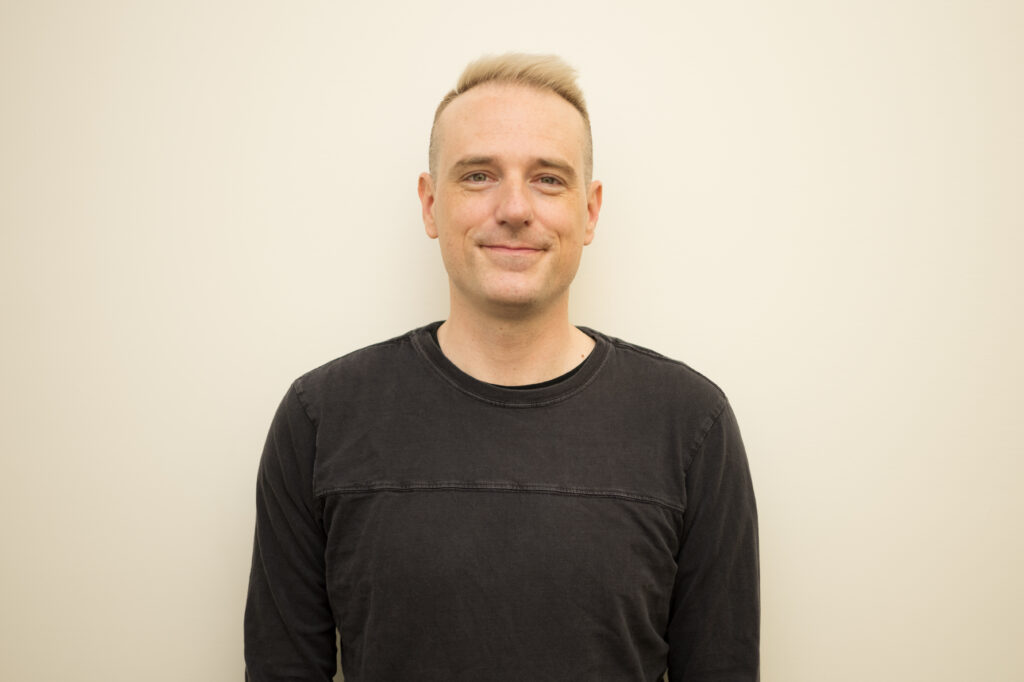
- What is EMDR?
EMDR is an acronym for Eye-Movement Desensitization and Reprocessing therapy, an integrative psychotherapy approach that has been extensively researched and proven effective for the treatment of trauma. EMDR therapy is a set of standardized protocols that incorporates elements from many different treatment approaches. EMDR is recognized and recommended as an effective treatment for trauma by a wide range of organizations, including: The World Health Organization, The Substance Abuse and Mental Health Services Administration, Department of Veterans Affairs and Defense, International Society of Traumatic Stress Studies, and the American Psychiatric Association.
- How do you start the process? Is there an assessment process before patients begin EMDR treatment?
If you and/or your medical provider feel that EMDR treatment may be right for you, a referral for Behavioral Health assessment can be initiated directly from your medical provider to our Behavioral Health team, and a Behavioral Health case manager will contact you to set up an initial information gathering appointment soon after. You may also contact Barbour Behavioral Health yourself by calling 304-823-4000 (Belington Medical Clinic location) or 304-457-0057 (Myers Clinic location) to schedule an appointment. All Behavioral Health patients enrolled with our agency will receive a proper and thorough assessment so that we can make sure your care is designed and managed with the best possible outcomes for you in mind.
- How does EMDR help patients? What are the benefits?
The purpose of EMDR is to alternately activate both the right and left hemispheres of the brain through either visual, tactile, auditory, or a combination of these stimuli. The bilateral stimulus “jumpstarts” the physiological information processing system inside of the brain. This allows the clinician to work with the patient in processing distressing experiences and associated memories, thoughts, feelings, and body sensations in a more organized way. The therapy will work to desensitize or “neutralize” undesirable symptoms the patient experiences resulting from traumatic experiences through the combination of dialogue with the clinician and stimulation that the patient receives over time. As an added bonus, many patients report that these symptoms often do not return or are quite significantly diminished to much more manageable levels, because the brain and body have been able to work together in such a meaningful and connected manner. Additionally, EMDR treatment often takes much less time to complete than conventional psychotherapeutic treatment approaches, making it more cost effective for patients, while working well for busier lifestyles.
- What can patients expect from EMDR therapy?
Let’s face it, coming to someone to share very sensitive and important information which may have made us feel any combination of vulnerable, scared, hurt, embarrassed, ashamed, unloved, or unsafe can seem quite daunting and even downright impossible. This is why a more current clinical approach to EMDR treatment involves adequately preparing patients to process distressing concerns at their own pace, by ensuring that their feelings of safety and ability to regulate strong feelings and sensations confidently and successfully are first met. When the patient and clinician decide that it is time to move forward with reprocessing traumatic events, this too is done with the patient always in control of his or her treatment. The clinician will work with the patient at his or her pace and build toward the desensitization and reprocessing of traumatic experiences thoroughly and completely, when ready. Your clinician will take great care in getting to know you, on your terms. Afterall, the purpose of receiving treatment is to feel better, right? Your clinician knows this and wants you to feel as comfortable as possible throughout the treatment experience. EMDR treatment is like a “workout” for your brain as strengthening and resiliency gradually occur, so some stronger feelings or sensations may arise from time to time, which is completely normal and oftentimes an indicator that the treatment is working. If at any point a patient feels that a “break” from reprocessing is needed for any reason, your clinician will listen to you and facilitate this.
- What behavioral health conditions does EMDR treat?
EMDR has been utilized for rather expansive treatment populations and symptom concerns with high success. EMDR can be used with children, adolescents, and adults. Some conditions and areas which are commonly treated in EMDR include: Post Traumatic Stress (PTSD), panic attacks, phobias, nightmares, performance and social anxiety, complicated grief, adjustment disorders, disturbing memories, stress reduction, decision-making, sexual and/or physical abuse, neglect, pain, somatic disorders, personality disorders, as well as part of addiction treatment.
- What other treatments can patients use alongside EMDR?
EMDR itself utilizes an Adaptive Information Processing (AIP) model approach to treatment. However, EMDR therapy integrates elements of other psychological theories and psychotherapies (i.e. Cognitive-Behavioral, Psychodynamic, Mind-Body, Person-Centered, etc.) into a standardized set of procedures and clinical protocols. At Barbour Behavioral Health, EMDR is also oftentimes incorporated with our neurobehavioral patients also receiving certain types of neurotherapies.
- Does EMDR work for everyone?
EMDR works well with most patients, however there can be various clinical factors which would make EMDR an ineffective or inappropriate treatment approach for certain individuals. If EMDR is not determined to be the best treatment approach for you by your licensed clinician, other treatment or clinical recommendations will be discussed.
Our talented team is always working hard to make sure we have solutions for every individual who comes into our clinic. For more information on EMDR therapy or to schedule an appointment with one of our Behavioral Health providers, call Barbour Community Health Association at 304-823-2800.
 We chatted with Taylor to learn more about her healthcare experience and what she’s looking forward to the most with serving her hometown.
We chatted with Taylor to learn more about her healthcare experience and what she’s looking forward to the most with serving her hometown.
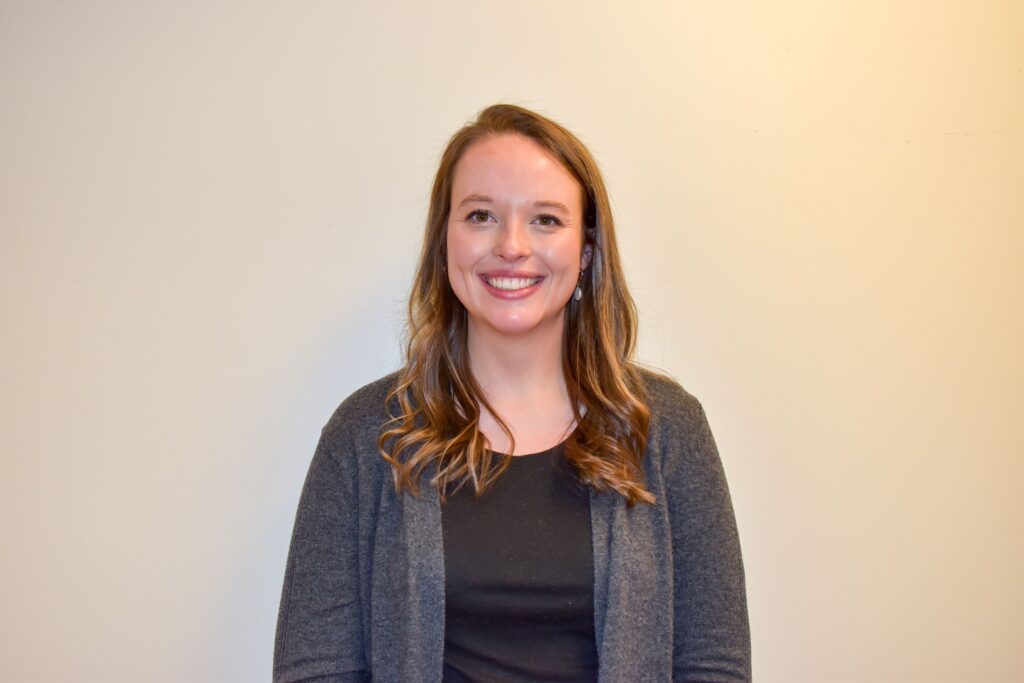
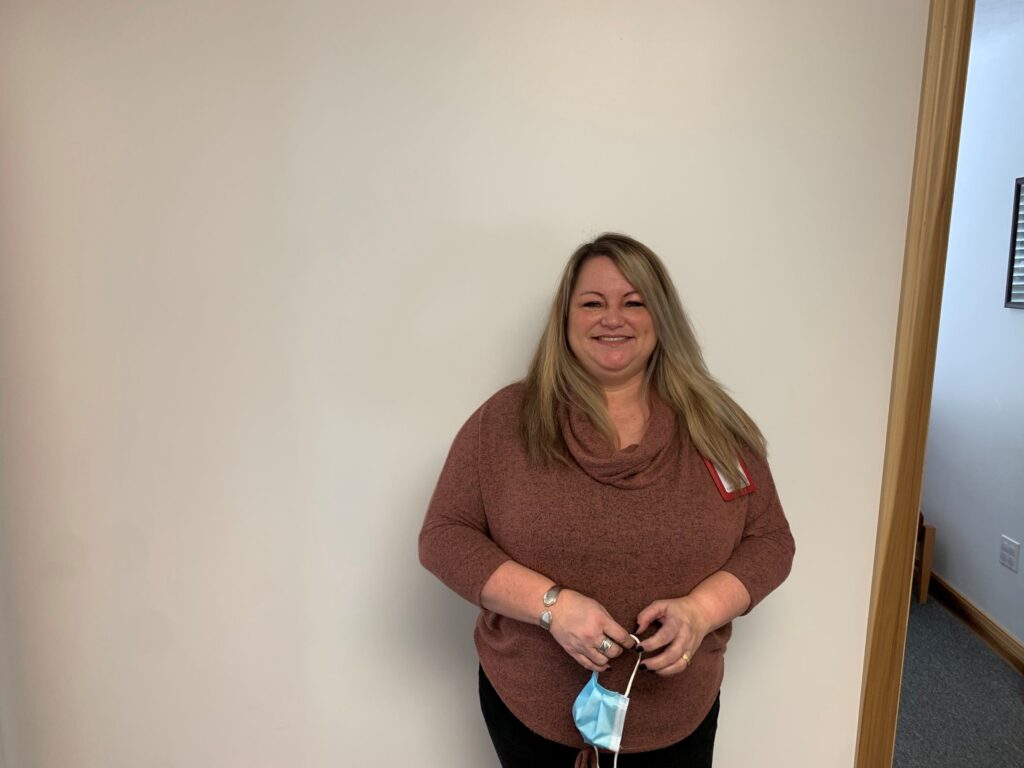
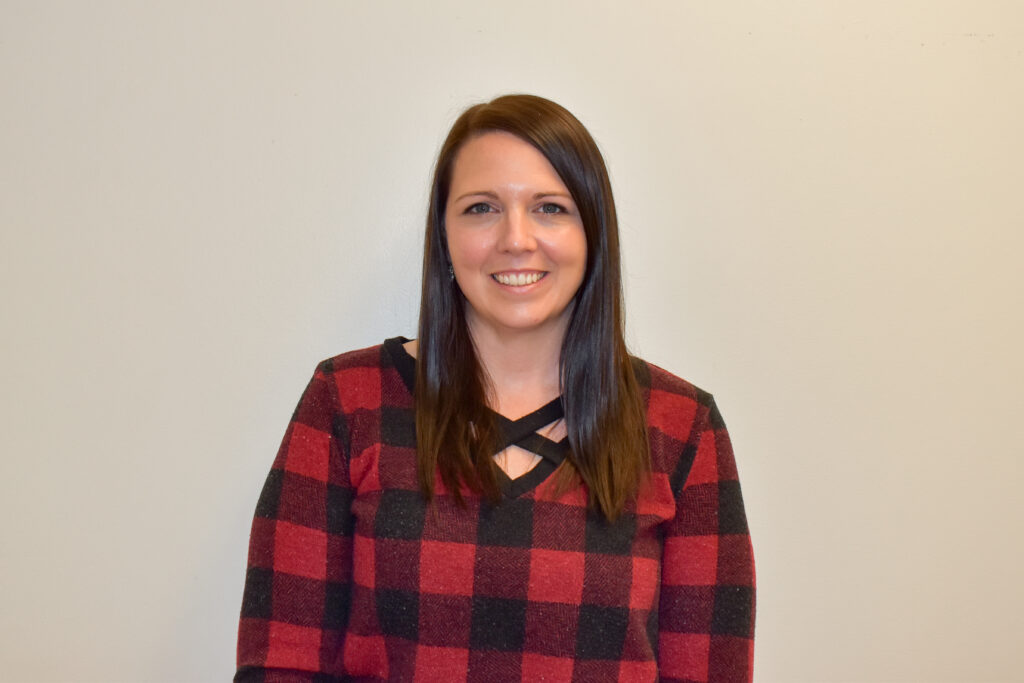
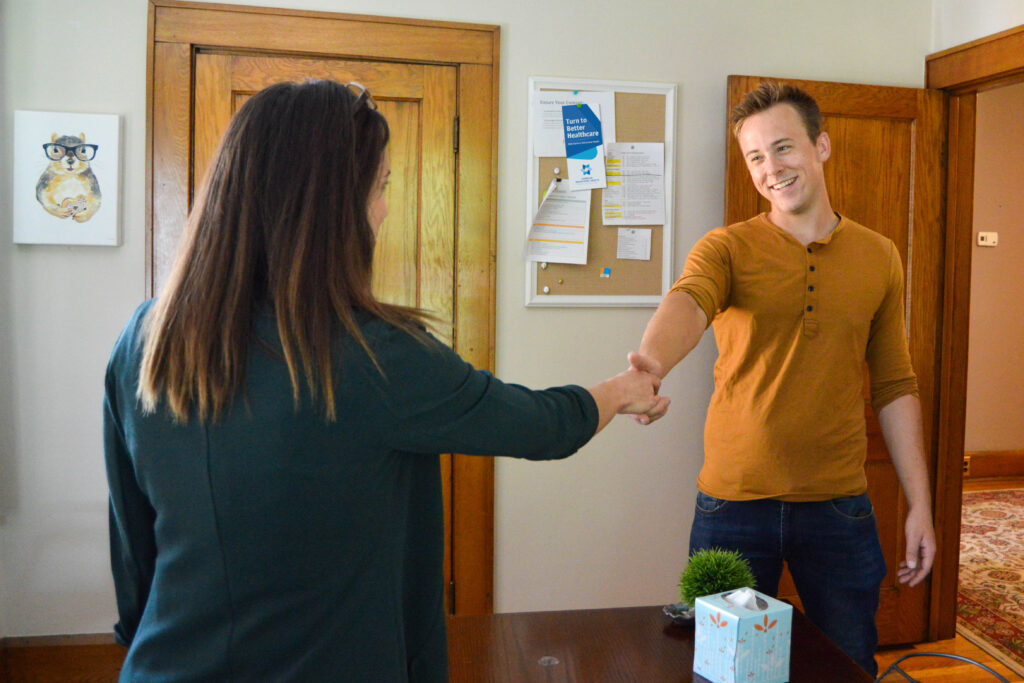

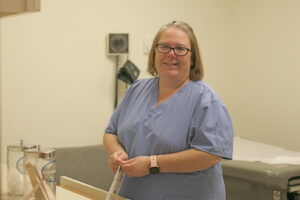
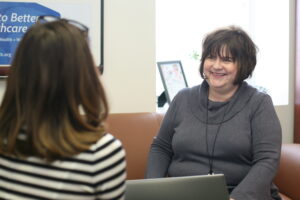 I don’t know where to start.
I don’t know where to start.